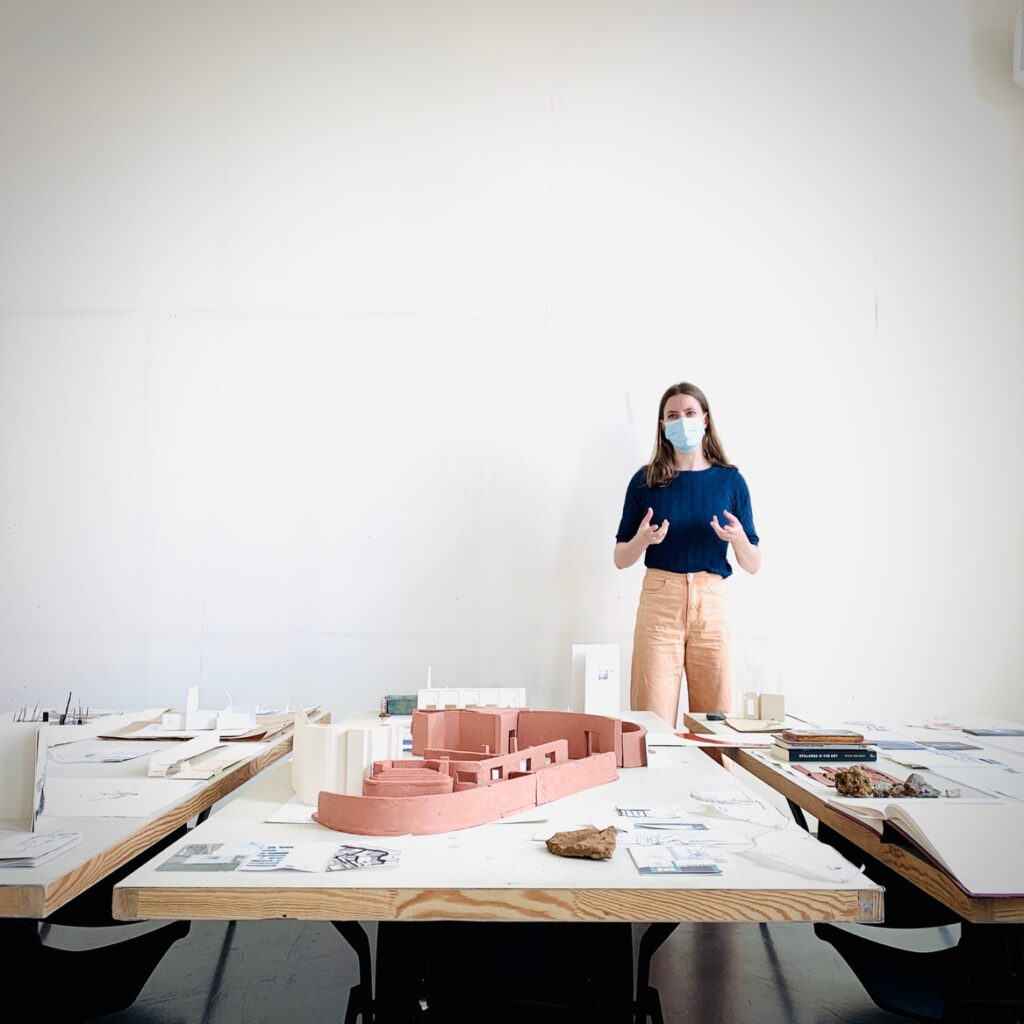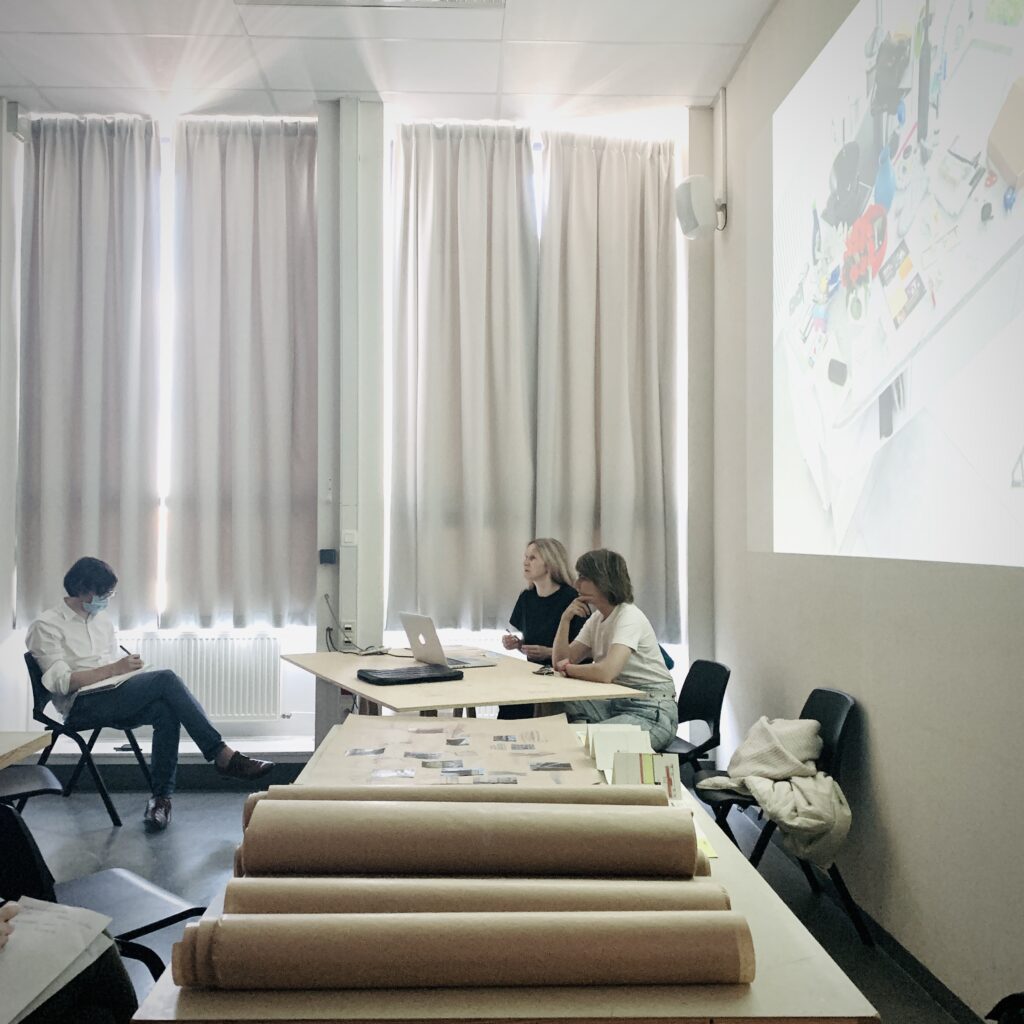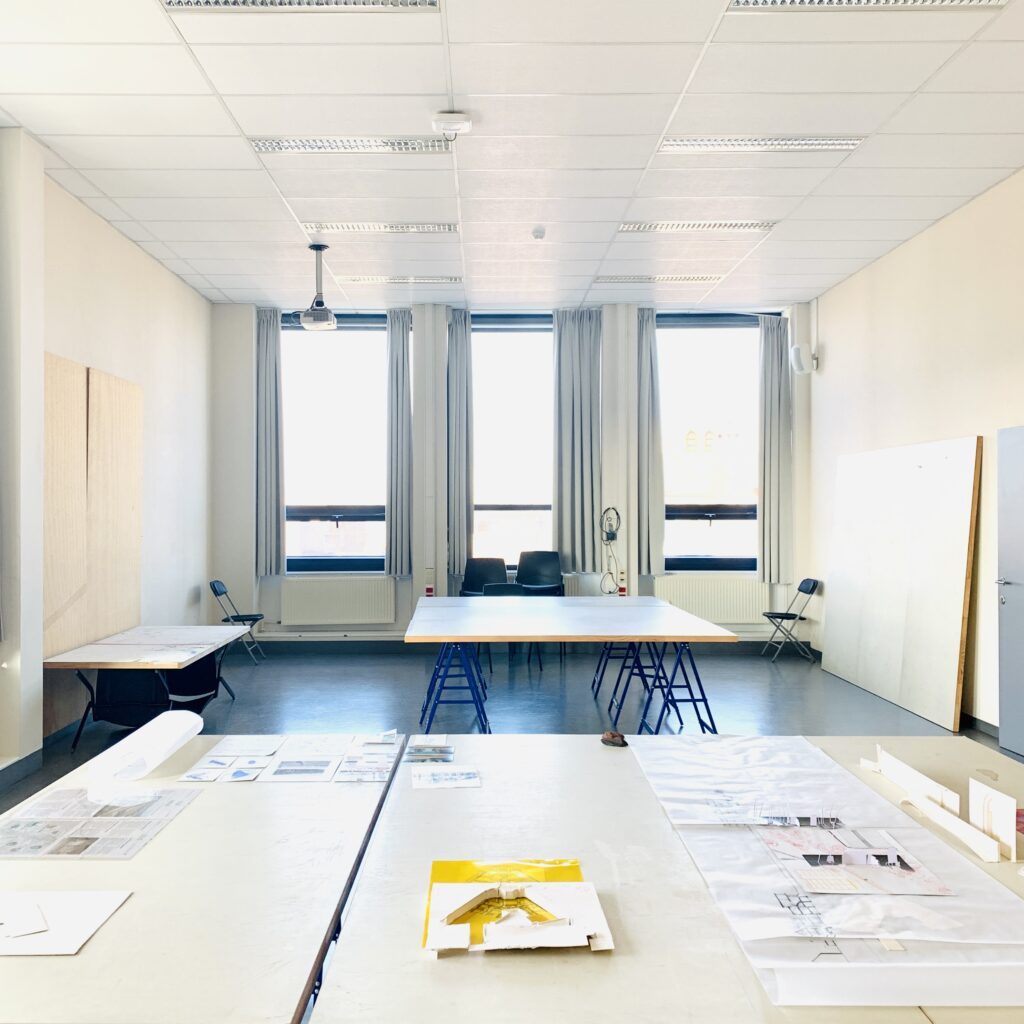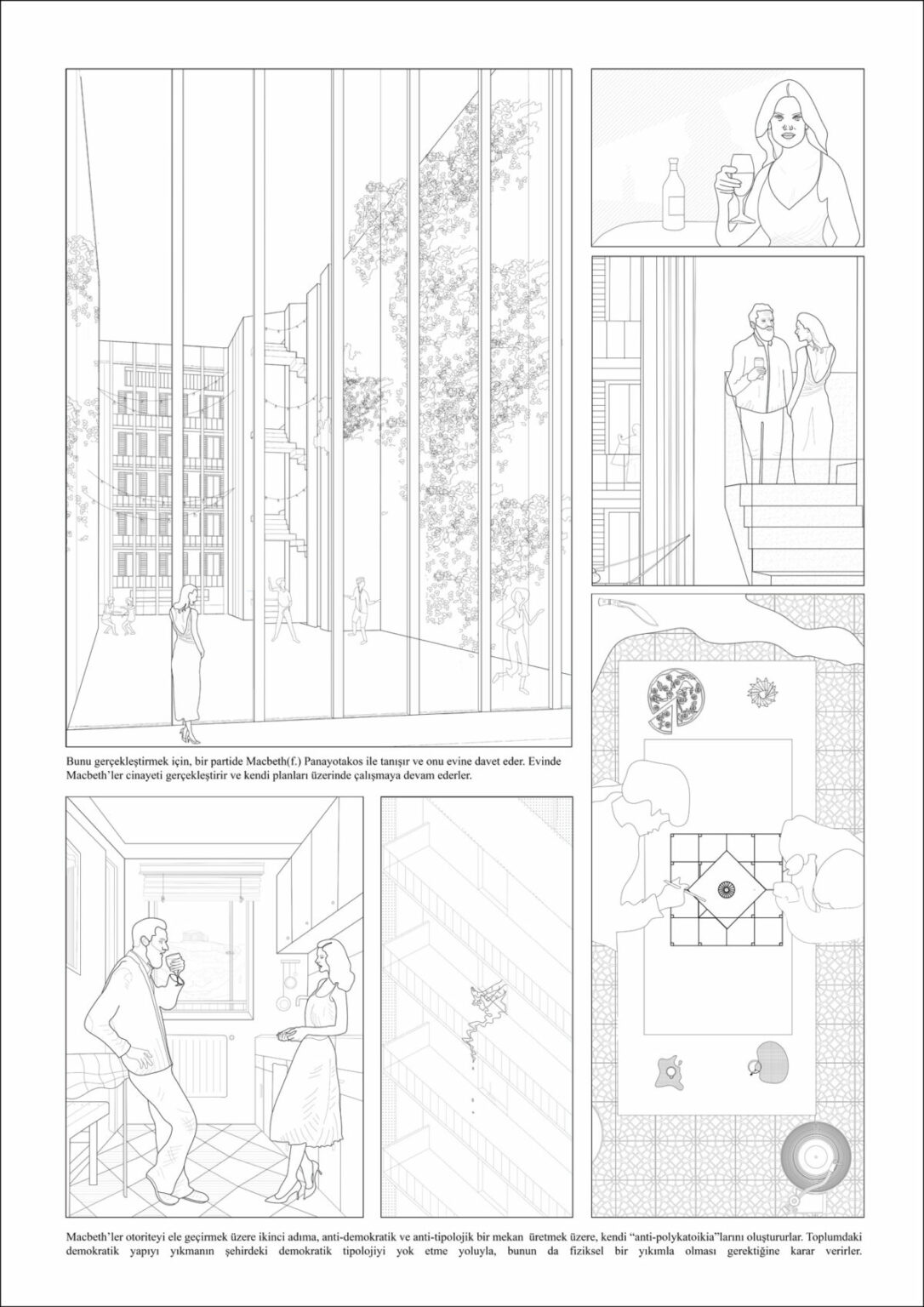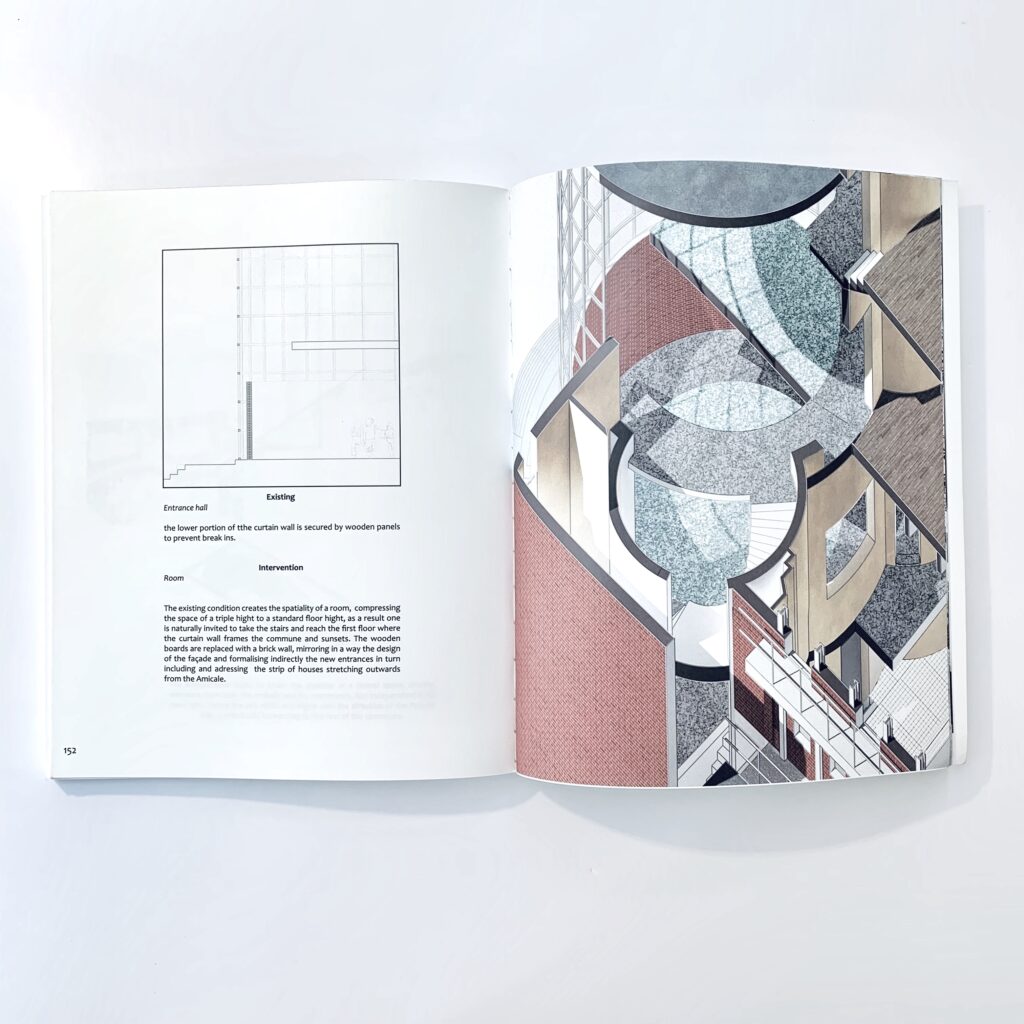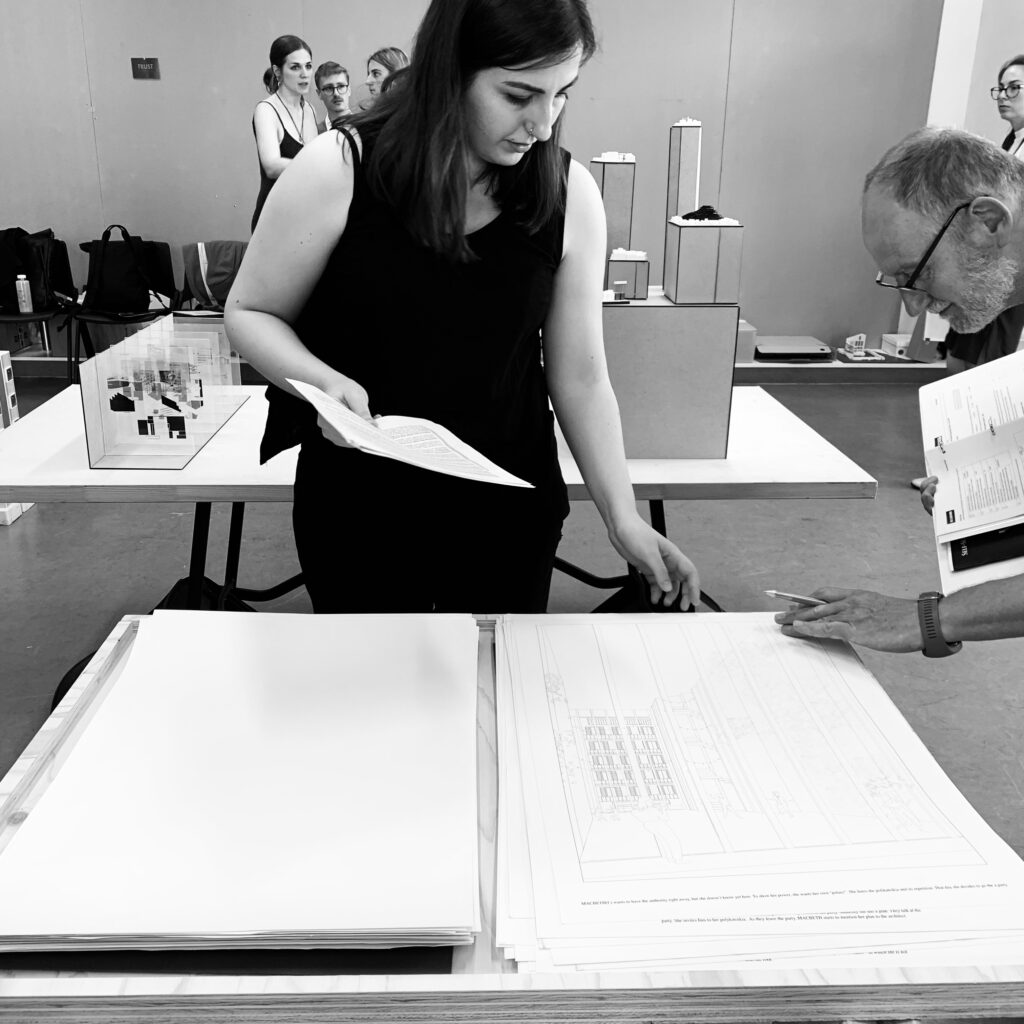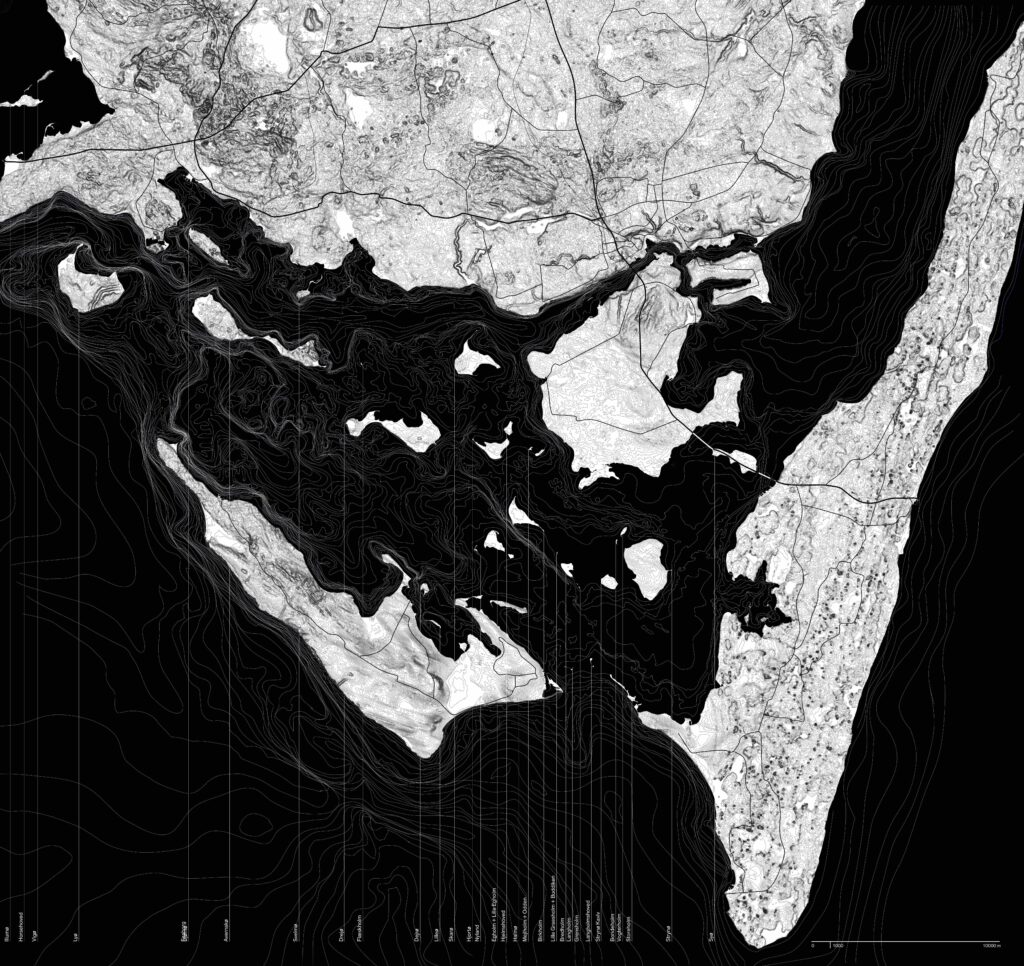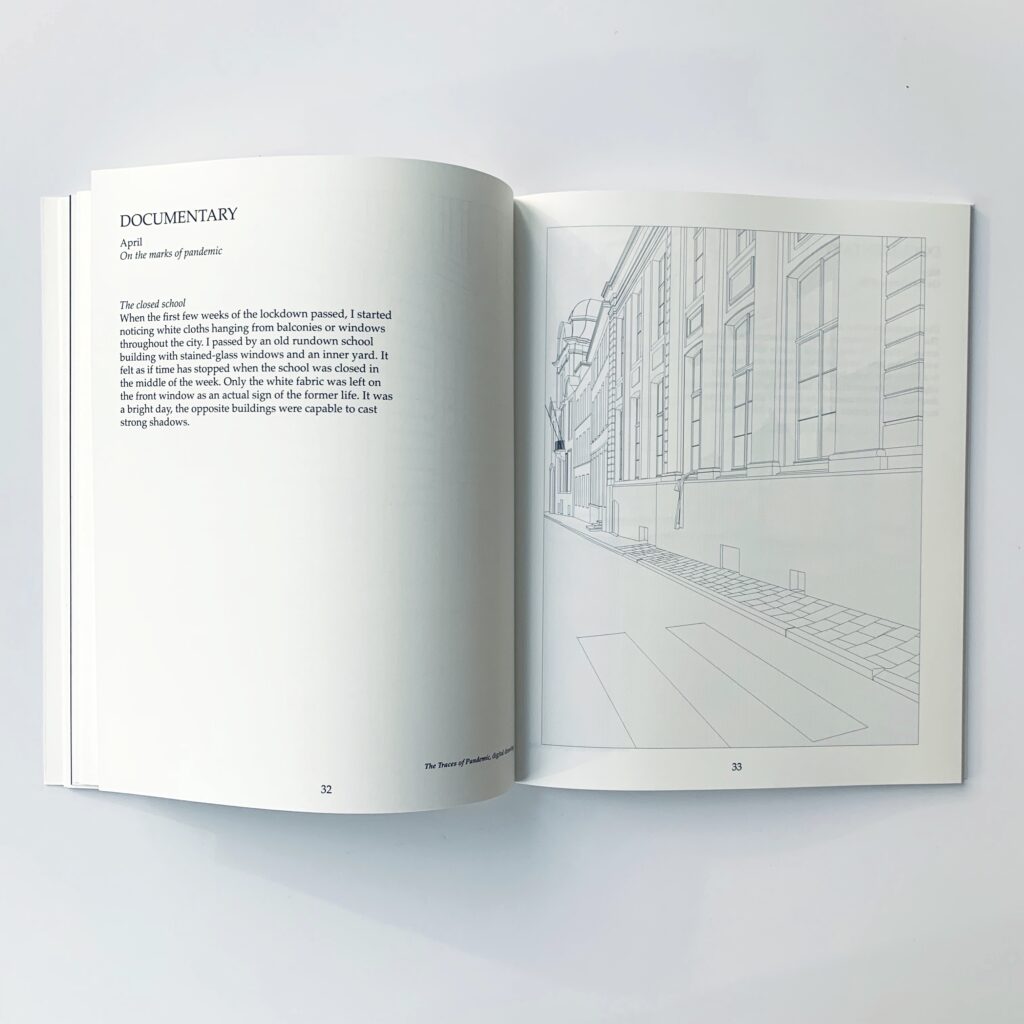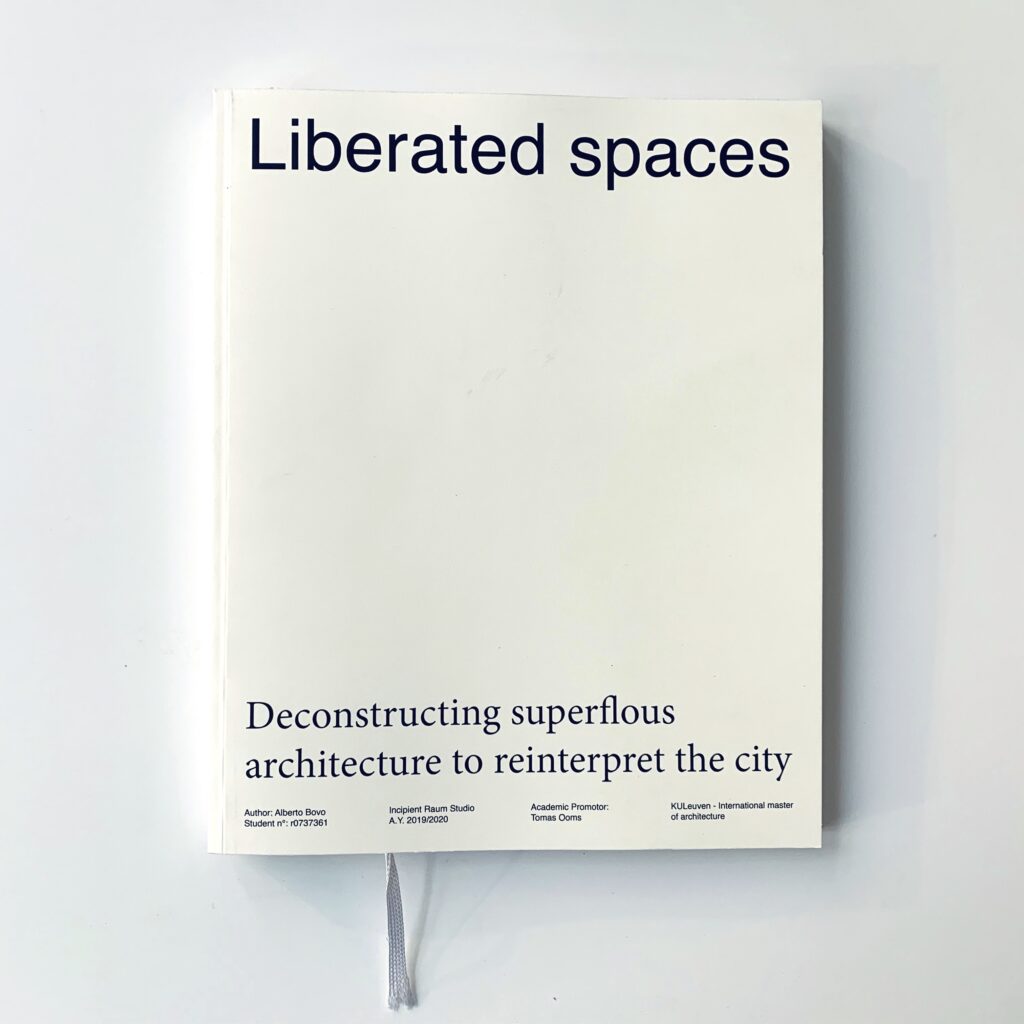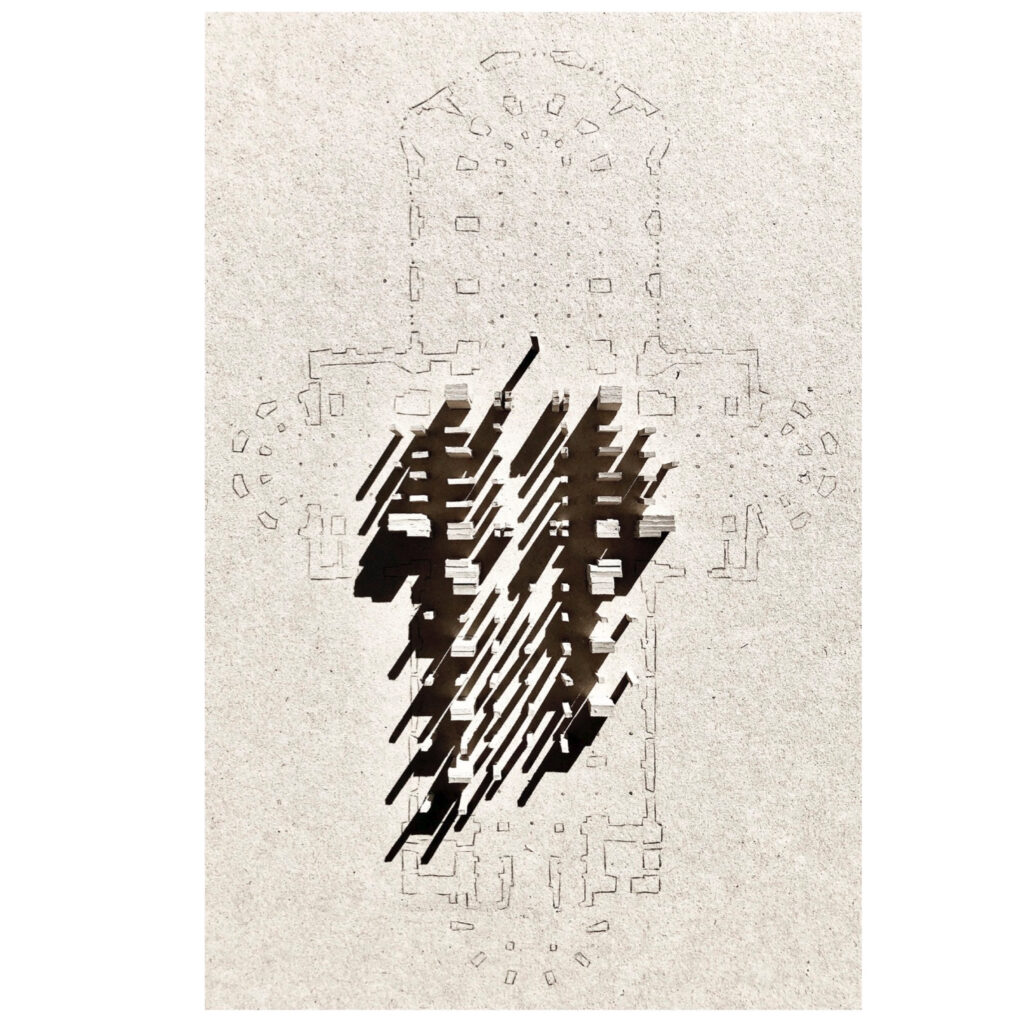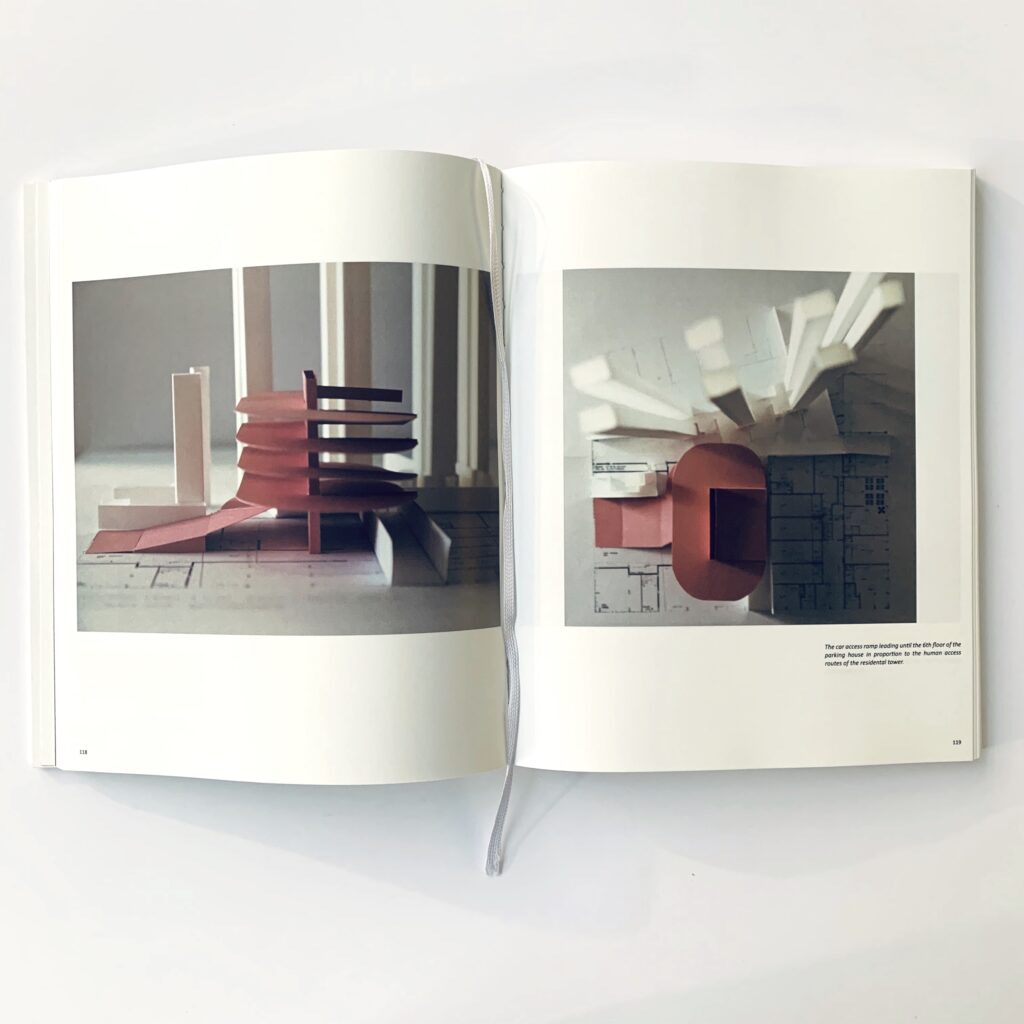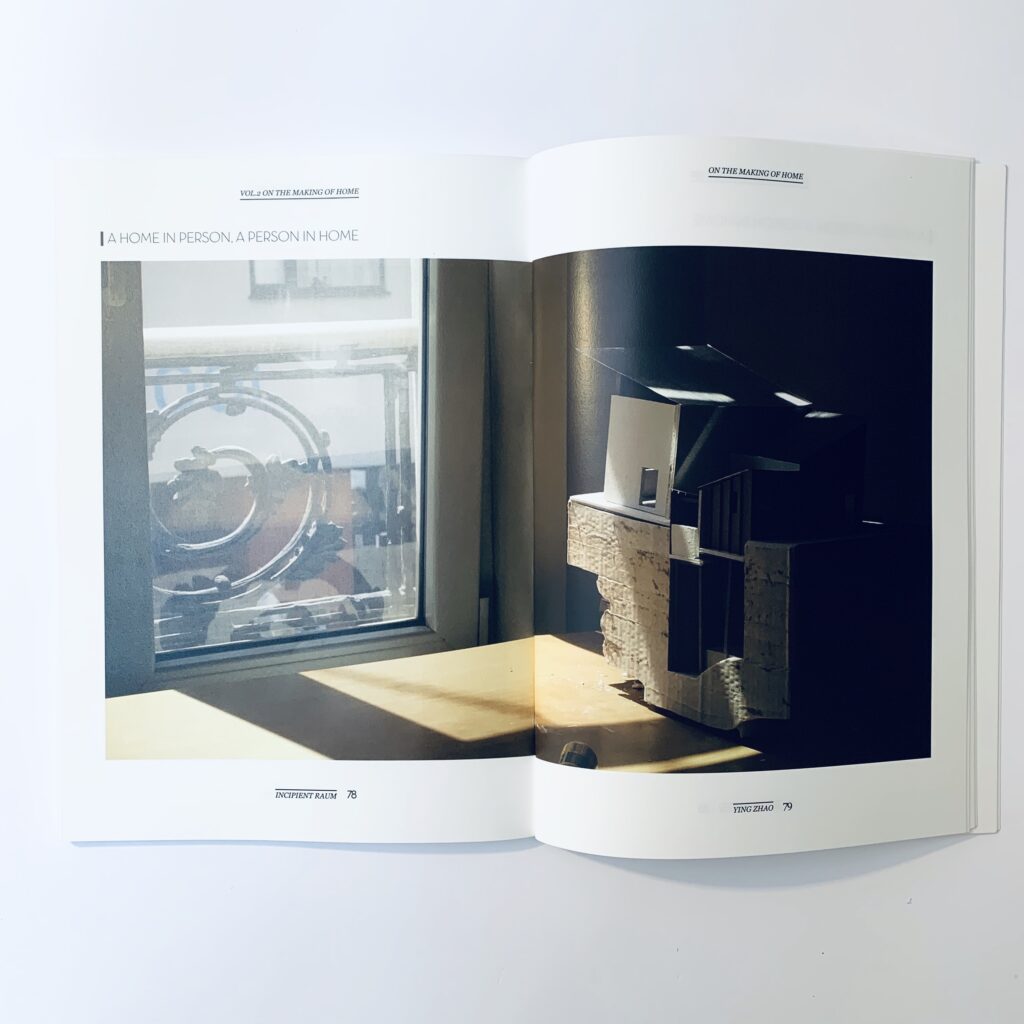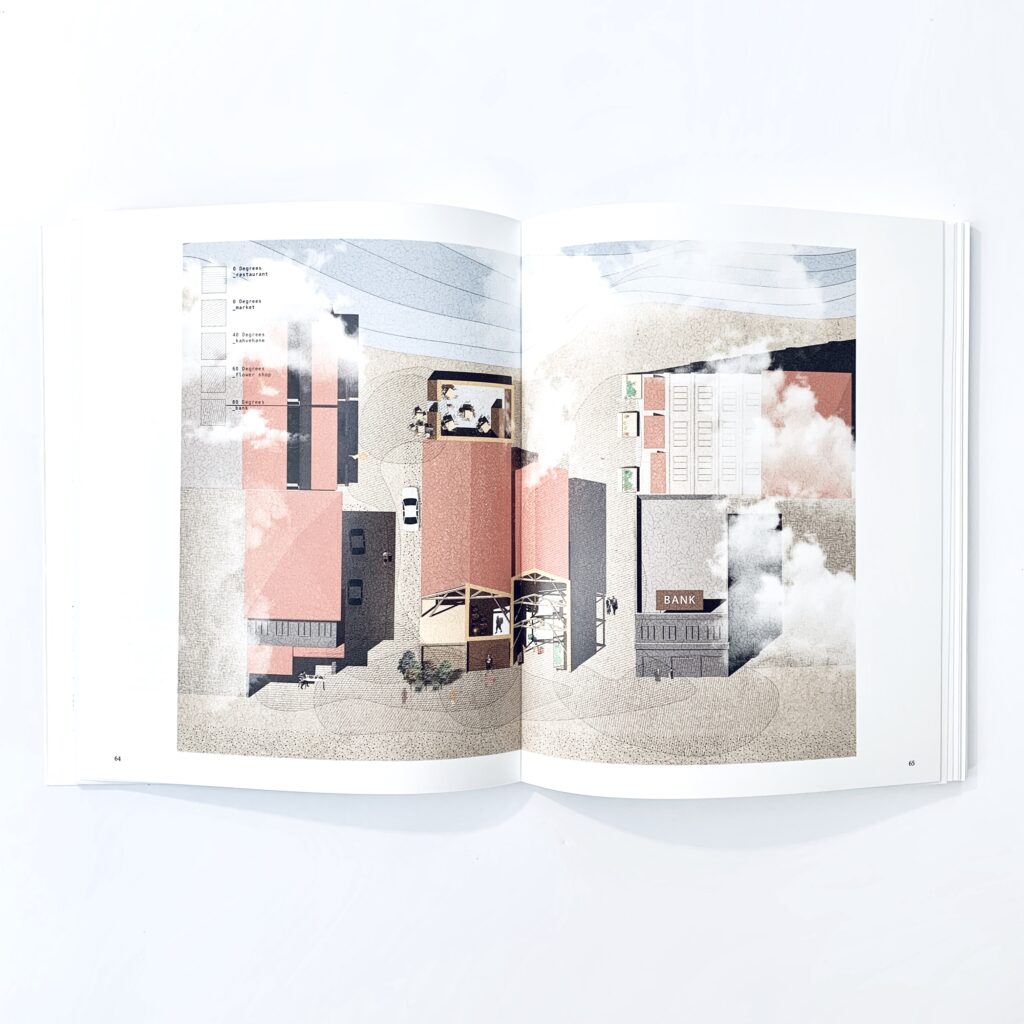| Supervisor(s) | Tomas Ooms |
| Campus | Gent |
| Language | EN |
| Studio or individual? | Studio |
Can a detail save the world?
INCIPIENT RAUM 2023-2024
A Detail in (the) Making
Incipit: (Latin, meaning: to take in hand, begin, commence.)
And so, it begins
Imagine an unknown room, in an unknown edifice, in an unknown city.
Then ask this question: ‘How is it made?’
This is the basis of the Incipient Raum studio.
You will start this studio by proposing a city that you have never been to before but are curious about. You will visit this city and explore local debates, topics, and concerns.
You will find yourself in plenty of unknown rooms in/around unknown buildings and you will find one space fascinating in particular.
Once you do, you will ask: How is it made?
And so, the project begins.
The Incipient Raum studio is an opportunity for you to explore your interests in the built environment and to develop critical thinking and communication skills. The studio is designed as a methodological framework that provides a certain set-up of the learning environment that guides you towards a transformative practice.
Previous editions of the Incipient Raum
To get an idea of the possibilities offered by the Incipient Raum please check the Incipient Raum blog posts on this page. You will see the results from the previous renditions of the studio and get a view on the activities and environment of the studio workings.
The outcomes of the studio are open, allowing for students to amass agency and highly personal reflections. The studio emphasises documenting the process and decision-making, encouraging students to be highly productive across a range of media.
Throughout the (different) renditions of the Incipient Raum studio we noticed that the students’ projects gravitated around similar concerns. With consideration for these concerns four predominant themes are exposed:
The unlocking of spatial opportunities of existing spaces;
The act of observing and identifying spatial potential by means of interplay and/or extraction.
Exploring material reality and non-extractive architecture;
Investigating (the mereology of) materials (including their physical andmetaphysical properties) whereby the relationship between humans and materials transforms, ergo considering alternative accumulation of (raw) materials by pursuit of an architectural practice that does not rely on “new” material components.
Developing documentation of architecture as architecture (of documentation);
Producing architectural artefacts that document an architecture which conceive a transformative practice of architecture without constructive or deconstructive intervention.
Critically Caring: Can a detail save the world?
Studying inherent agency of details and their capacity to influence on theentirety.
Incipient as Spatial Condition
Incipient is borrowed from the Latin incipiēns: present participle of incipiō (“begin”). It is mainly used as ‘beginning to happen or develop’ or as ‘developing into a specified type or role’. Soil for instance can be incipient. This means that it contains the basis to provide for vegetation establishment. Something is present that ensures something will grow (happen later) under the right circumstances. And how about spaces? Can they be incipient? Can the idea of the incipient address urgent themes in architecture? Think for instance of adapting existing spaces or the idea of non-extractive architecture? Through architecture we transform. Not always through the production of new buildings, but more importantly, through the creation of (new) spatial relations. And agency plays a role in this. Agency has to do with performance and operationality. It fosters relationships. Agency is the capacity of an actor to act in a given environment.
Thinking through making is the central paradigm of the studio, emphasising the idea that discovery, exploration, and design-research happens through experimentation, testing, and iteration. What is made are well-crafted documents which are essential epistemic architectural artefacts of inquiry. Thus, the studio encourages a hands-on approach to developing a coherent architectural reflection, where participants are expected to explore different materials, techniques, and forms to conduct a fundamental architectural and academic reflection.
If you have questions about this studio, do not hesitate to contact me: tomas.ooms@kuleuven.be

